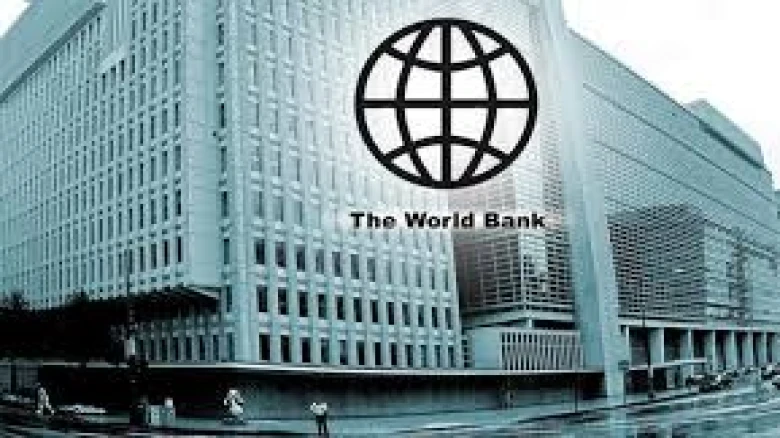North East

Digital
Desk: The world could enter a recession next year as central banks around the
world tighten monetary policy, according to a new World Bank report that calls
for increased production and the removal of supply bottlenecks to ease
inflation.
Several indicators of global
recessions are already "flashing signs," according to the report.
According to the report, the global economy is currently experiencing its
steepest slowdown following a post-recession recovery since 1970.
According to the bank, global
interest rate hikes by central banks could reach 4%, more than doubling that in
2021, just to keep core inflation - which excludes volatile items like food and
fuel - at 5%.
From the United States to Europe and
India, countries are aggressively raising lending rates in order to limit the
supply of cheap money and thus help to reduce inflation. However, such monetary
tightening comes at a cost. It dampens investment, costs jobs, and slows
growth, which is a trade-off faced by most countries, including India.
"Global growth is slowing sharply, with
further slowing likely as more countries enter recession." "My deep
concern is that these trends will continue, with long-term consequences that
will be devastating for people in emerging market and developing
economies," World Bank President David Malpass said in a statement
following the report's release on Thursday.
The world is facing record inflation
due to factors such as the Ukraine war, which has dwindled food supplies, the
pandemic's knock-on effects on supply chains, poor demand in China due to
persistent Covid lockdowns, and extreme weather, which has upended agricultural
output forecasts.
In August, the Reserve Bank of India
(RBI) announced a third repo rate hike to 5.40%, a 50 basis point increase. One
basis point is equal to one hundredth of a percentage point. The RBI maintained
its inflation forecast for 2022-23 at 6.7%, while forecasting 7.2% real
(inflation-adjusted) GDP growth.
According to official data, retail
inflation in India rose 7% in August due to higher food prices, up from 6.71%
in July. For the eighth consecutive month, consumer inflation has remained
above the central bank's 4% (+/-%) limit.
According to the most recent World Bank report, simply
raising interest rates may not be enough to cool inflation caused by supply
constraints, and countries should instead focus on increasing the availability
of goods.
"Policymakers may shift their focus from reducing consumption
to increasing output," Malpass said in a statement that cited a report by
World Bank economists Justin-Damien Guenette, M Ayhan Kose, and Naotaka
Sugawara. According to the report, central banks should continue their efforts
to combat inflation without causing a global recession.
Leave A Comment